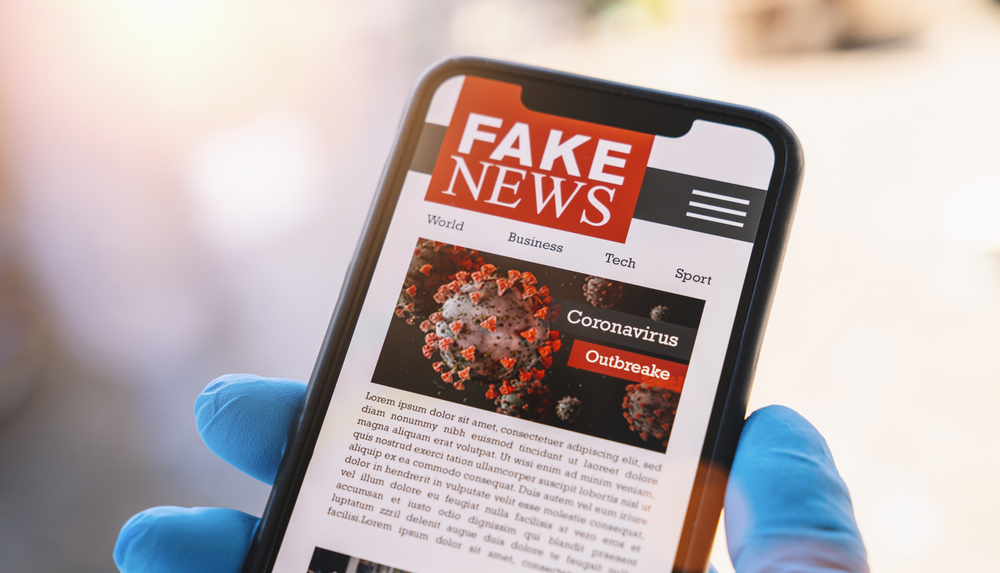In the age of information overload, discerning accurate health information becomes crucial.
We delve into the profound effects of misinformation on health choices and offers a guide to staying informed amidst the clutter.
The Effects of Misinformation
Misinformation, especially on digital platforms, profoundly affects our health decisions. A recent study found that misleading and false health-related content on social media during pandemics and health emergencies leads to widespread distress, both mentally and socially. With such serious repercussions at stake, ensuring access to accurate and timely health information is essential.
The study examines the impact of misinformation on social media, particularly in the context of health-related topics during crises and emergencies. Most systematic reviews in this field highlight negative consequences, including misinterpretation of scientific information, polarisation of opinions, fear escalation, and limited access to healthcare. The quality of information deteriorates during such events, leading to the spread of unreliable health advice, contributing to vaccine hesitancy and unproven treatments.
The rapid dissemination of health misinformation is facilitated by easy access to online content, especially through smartphones. This widespread dissemination could adversely affect mental health. While research on infodemics has increased, certain aspects still need exploration, such as improved methods to detect evolving misinformation strategies. Various techniques, like website review and emotion analysis, have been employed, but consensus on the most effective approach is lacking. Misinformation patterns differ across social media platforms and over time, necessitating adaptable detection methods.
Spotting Red Flags: The Rise of “Infodemics”
The term “infodemic” describes the rapid spread of misleading or fabricated information during health crises. During these times, publications often increase, but, alarmingly, the quality of these publications remains critically low. Recognising such patterns can be the first step to filter out unreliable sources.
Identifying “Infodemics”: A Comprehensive Guide
In an era characterised by the rapid spread of information, distinguishing between accurate information and misinformation has become a paramount challenge. Infodemics, the overwhelming dissemination of false or misleading information, can have significant real-world consequences. To help navigate this complex landscape, we present a comprehensive guide to recognising infodemics, drawing insights from reputable sources and expert analyses.
Information Source Verification
Ensure that the source of the information is reliable and well-established. Rely on sources like government health agencies (e.g., CDC, WHO), peer-reviewed journals, and accredited news outlets, which adhere to rigorous fact-checking processes.
Cross-Referencing
Cross-reference information from multiple credible sources. If a piece of information is corroborated by reputable institutions or experts across different platforms, it is more likely to be accurate.
Critical Evaluation of Content
Scrutinise the content for sensational language, emotional appeals, and excessive use of exclamation marks. Misinformation often relies on evoking strong emotions to spread quickly.
Fact-Checking Websites
Utilise fact-checking websites that specialise in verifying information, and dedicated to assessing the accuracy of various claims.
Expert Consensus
Pay attention to the consensus among experts in the field. If the majority of credible experts agree on a certain topic, it is more likely to be accurate.
Beware of Manipulated Content
Be cautious of edited images, videos, or audio clips that can alter the context of a story. Analyse media content carefully and consider reverse image searching.
Evaluate the Intent Behind the Information
Consider the motives of the source sharing the information. Misinformation might be propagated for financial gain, political manipulation, or to exploit public sentiment.
Personal Fact-Checking
Empower yourself to verify information by using reputable search engines and consulting primary sources when necessary.
Practical Measures to Combat Misinformation
Promotion of accurate health information is paramount. Governments, health authorities, and researchers play a critical role in this. Awareness campaigns, user-friendly platforms with evidence-based data, and improved media literacy can significantly curb the spread of misleading information. Leveraging these can ensure we make informed health choices.
Navigating the Health Information Landscape
In this digital age, making informed health decisions necessitates a proactive approach to deciphering the vast amount of information available. By employing the strategies highlighted, we can safeguard our health and the health of our communities.
References
- Borges do Nascimento, I. J., Pizarro, A. B., Almeida, J. M., Azzopardi-Muscat, N., Gonçalves, M. A., Björklund, M., & Novillo-Ortiz, D. (2022, June 30). Infodemics and health misinformation: a systematic review of reviews. PubMed Central (PMC). https://doi.org/10.2471/BLT.21.287654














